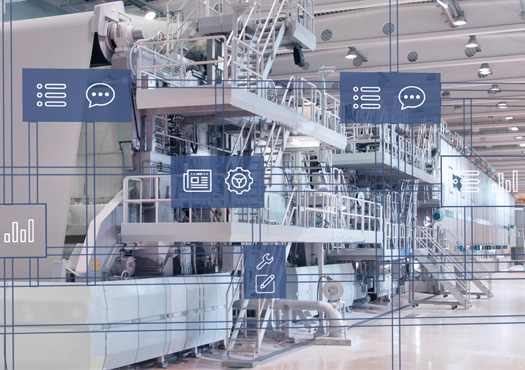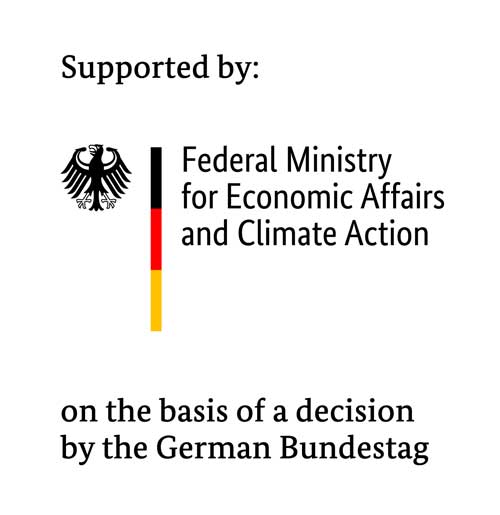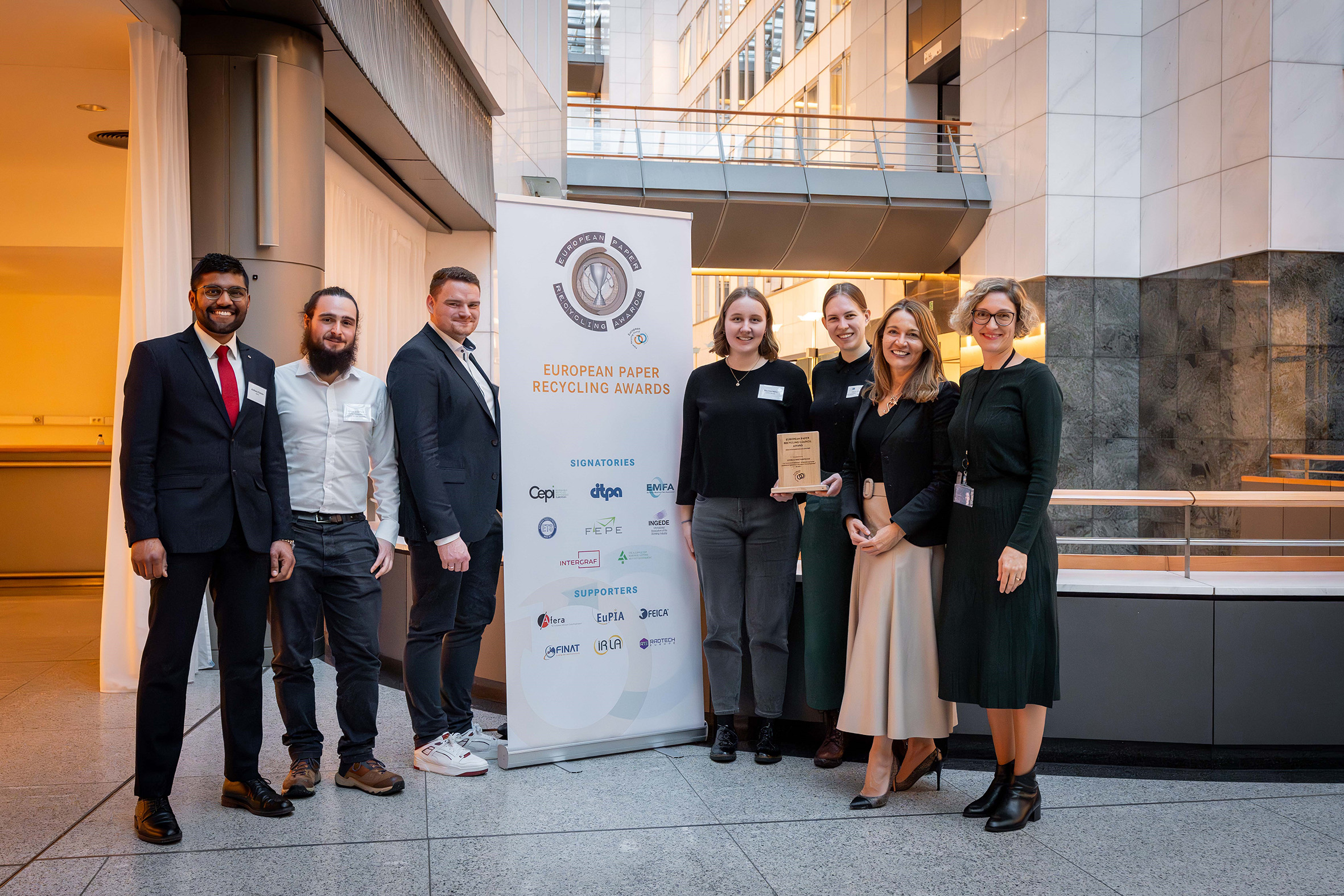

Data - untapped potential for optimizing paper production
In order to improve the ecological footprint of paper production, waste paper is increasingly being used as a raw material. However, the manufacturing process is highly complex due to a large number of different parameters and is still very resource-intensive. Large amounts of process data are generated, but these are not networked with each other and only a fraction of them are reused. Operators have to master various systems and the interpretation of the data is not always clear, even for experts. Fluctuations in the production process due to different qualities of the starting material make process control even more difficult. In addition, some quality parameters cannot be measured inline, but can only be determined in the laboratory after production.
The aim of the KIBAPap research project is to make the resulting data volumes usable for process control and optimization. To this end, experts from production, IT, data analysis and psychology are working closely together..
Assistance system for the efficient support of operators in day-to-day production
Building on the results of the ODiWiP research project, the researchers at the Fraunhofer IVV are concentrating on developing an operator assistance system for everyday production in the context of paper. This assistance system brings together information from the various production systems, such as the process control system or the machine control system, bundles it and presents it in a task-oriented manner.
The system enables the digital storage of "production knowledge" and needs-based support for machine operators in analyzing the situation and searching for sustainable solutions. Based on an AI model, the assistance system presents the operating personnel with selected solutions in the form of knowledge cards that match the situation. The machine operators can gain a deeper understanding of the process, react more quickly and in a more targeted manner to faults and rectify them sustainably. The knowledge gained from experience is passed on within the company by the assistance system and is retained even when employees leave the company. The stored production knowledge can also be dynamically adapted to changing conditions in the process, such as changeovers to the system.
Easy transferability and significant reduction in implementation time
In order to optimize the assistance system for industrial use, the system must be easily transferable. To this end, the assistance system should not be tailored specifically to one paper machine, but should be able to be used as generically as possible on many paper machines. Where adaptations are unavoidable, the implementation time is reduced to a minimum, for example by storing knowledge already generated in the assistance system and making the machine learning models largely transferable. This means that the operator assistance system can be quickly and economically transferred to new paper machines and is available to all paper manufacturers.
Project information »KIBAPap«
The joint project "AI-based operator assistance system in the paper recycling loop" is funded by the Federal Ministry for Economic Affairs and Climate Protection as part of the directive to promote the use and construction of demonstration plants and model regions for the industrial bioeconomy.
| Project term: | July, 2023 - June, 2026 |
| Project partners: | Consultingtalents AG, LEIPA Group GmbH, Hochschule München, ITA der RWTH Aachen, Lehrstuhl für International Production Engineering and Management, Institut für Produktionstechnik der Universität Siegen, PROPAKMA GmbH, Veolia Umweltservice GmbH |
 Fraunhofer Institute for Process Engineering and Packaging IVV
Fraunhofer Institute for Process Engineering and Packaging IVV